Course Basket
Your basket is empty.
SGS College is closed for the festive period and will reopen to staff on Monday 5th January and learners, Tuesday 6th January 2026.
Please note: enquiries, applications and enrolments will not be answered or processed during the close down, so we thank you in advance for your patience.
Wishing you a peaceful and enjoyable festive period.
We offer a range of online, blended and in class counselling courses that will help you gain the knowledge and skills to make a real difference, with progression routes available from Level 2 to Level 3 with SGS Colleges qualified and experienced team.

Due to the Red weather warning for the region linked to Storm Darragh, the decision has been made to close our WISE campus on Saturday 7 December. All people affected by the cancellation of events at WISE on Saturday will be contacted in due course. Please note, the campus will open as normal on Sunday 8 December. We apologise for the inconvenience and thank you for your understanding.
Close